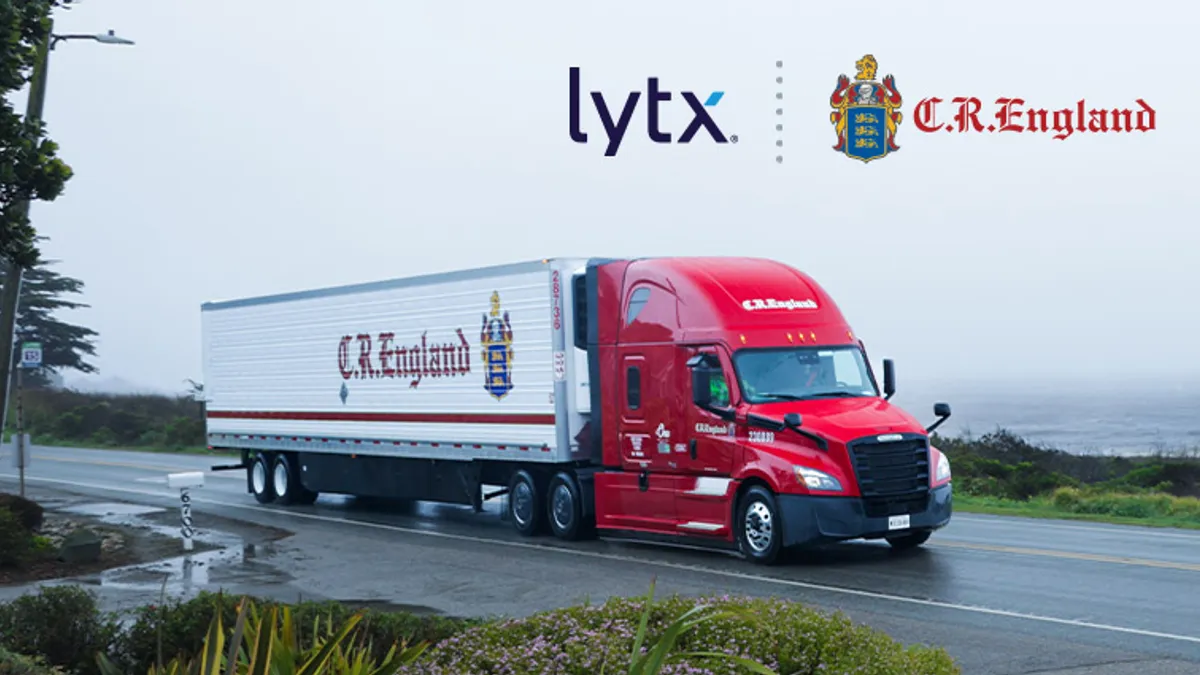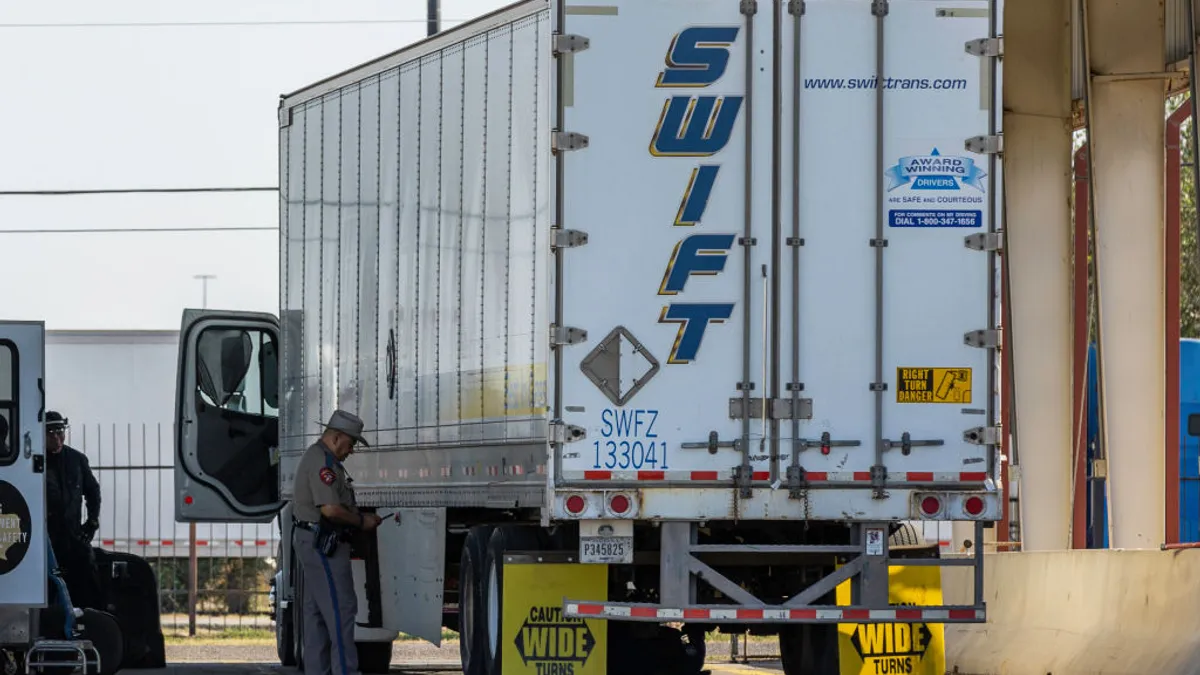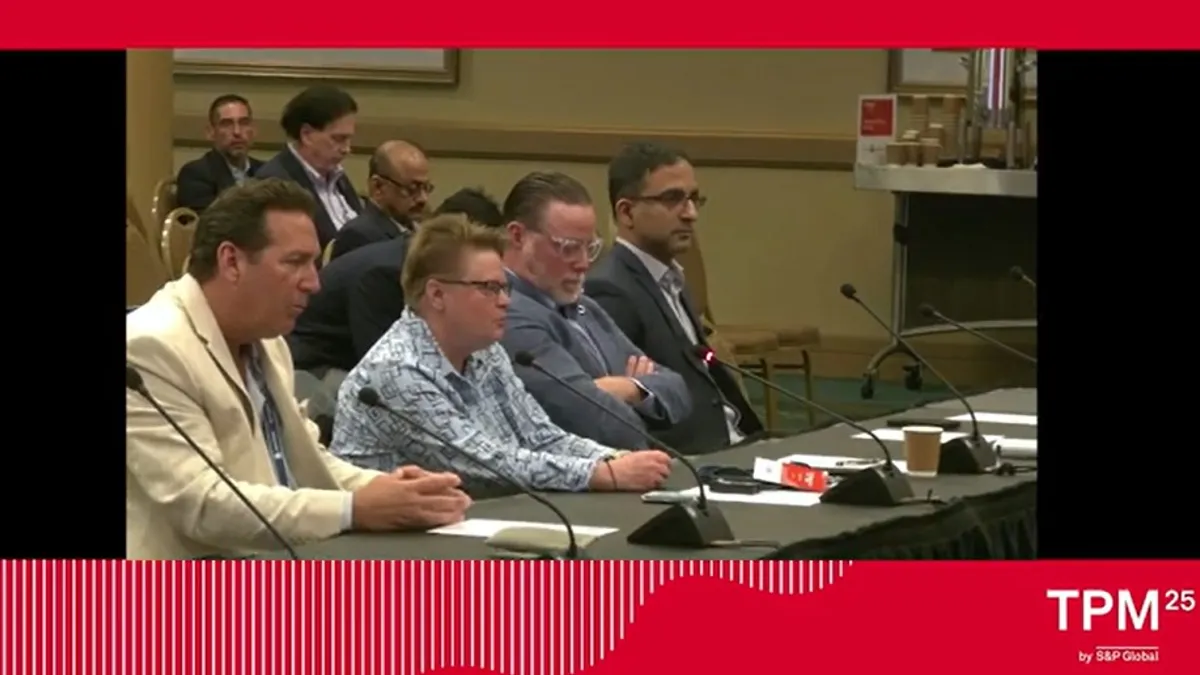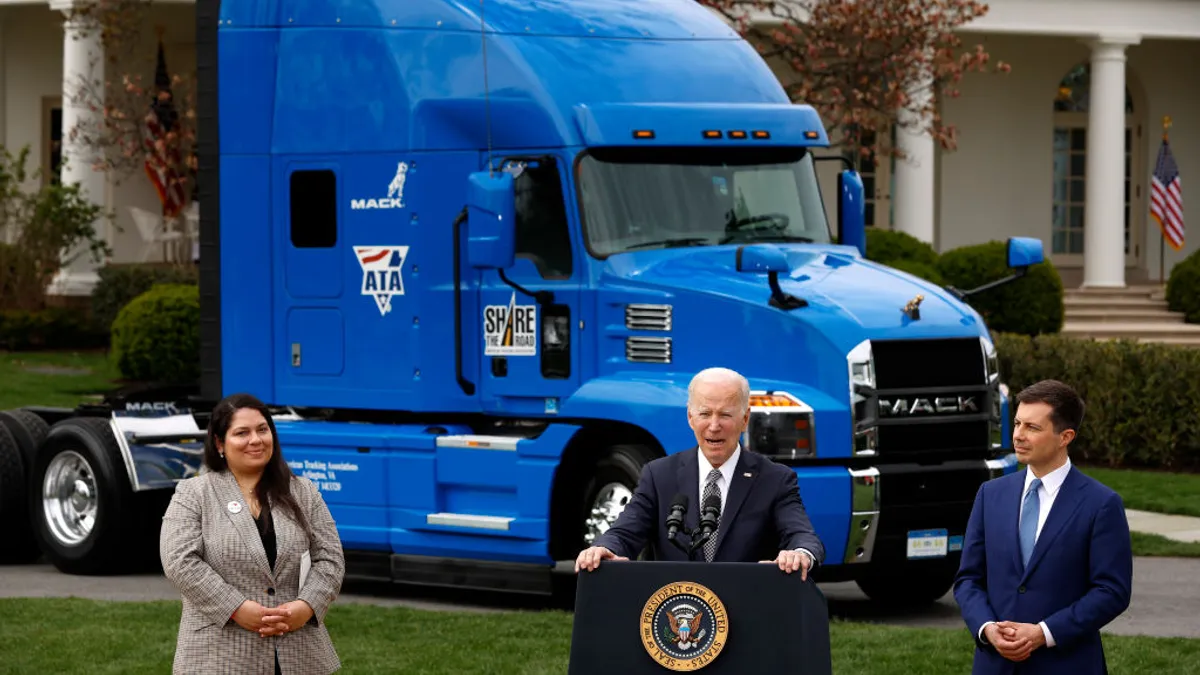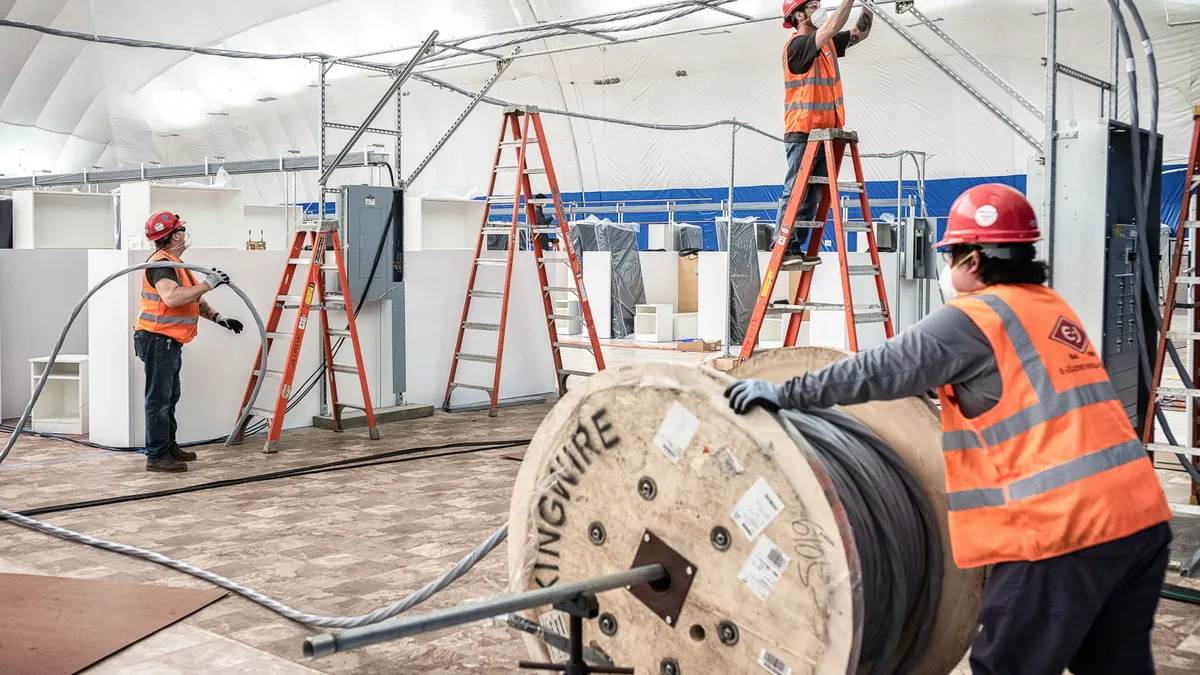There’s buzz in the waste and recycling industry about technologically enhanced and more sustainable fleets, but what about just keeping enough trucks on the road?
Haulers have seen prolonged delivery timelines for new vehicles, with sources quoting backlogs or wait times of around nine months to up to 18 months. Existing trucks haven’t been easy to repair, either, where parts and mechanics are hard to come by. These barriers have in some cases led to service delays and potentially higher costs for operators in a pinch.
In the year ahead, some industry observers think that pandemic-era supply chain slowdowns will ease, and demand could fall if the economy cools, but skilled labor bottlenecks seem less likely to shift in the near term.
“In reality, the waste management field is really a transport industry,” said Bryan Staley, president and CEO of the Environmental Research & Education Foundation, which is conducting research on the management and maintenance of waste fleets, which have an average lifespan between 10 and 13 years.
Kenny Vieth, president at ACT Research, focuses on commercial vehicles, transportation and trucking more broadly. At that scale, Vieth said supply chains and parts availability have improved, but manufacturers still have a backlog. “On one hand, we're looking at very hot new truck demand. But on the other, we're looking at an economy that should cool appreciably in 2023,” Vieth said. While the interest rate environment might have previously been more attractive for big-ticket items, a changing economy could dampen demand.
Uncertainty in the economy could pause or delay some investments in growth capital, particularly among companies that are more conservative, said Michael Haines, senior vice president in power and utilities at First American Equipment Finance.
Maintenance bottlenecks
To keep existing fleet assets up and running, the recent environment has required operators to work harder when calling around to find parts, said Darry Stuart, who serves as a limited-time executive through his business DWS Fleet Management Services.
The labor side of the equation also remains a significant challenge, industry observers say. “There’s a critical need for welders and maintenance people,” Staley said. “And I don't expect that to get better, really, anytime soon, unfortunately.”
Stuart, who decades ago worked as a regional maintenance director at Browning-Ferris Industries (now Republic Services), said that it’s both a retention issue and a challenge of attracting the younger generation. There’s no easy answer, despite the best efforts of trucking and maintenance industry groups. Some industry operators have considered launching their own trade schools.
It’s important for waste to be an attractive industry when it’s up against other fields that compete for mechanics, like automotive brands. It’s a “very small pool of people in a very big ocean of need,” Stuart said, and companies have to be willing to invest and to pay young workers more.
Considering solutions
Recent years have shown the importance of preparedness around truck procurement and maintenance. Against lingering supply chain issues, municipalities looking to work with outside haulers ought to bake more lead time into their contracting process, said Scott Pasternak, a leader in the solid waste and resource recovery practice for Burns & McDonnell.
Pasternak said conversations with vehicle manufacturers suggest they are “really taking a deeper dive into what's causing those supply chain challenges to hopefully deal with and more proactively address them to reduce wait time on products like trucks.” That said, “I think we're still we're still in the in the process of that working itself out,” he said.
Those troubles have led some haulers to look closer at leasing to bolster their fleets.
“The truck rental business is very much alive and well,” said Staley, noting significant growth in rental fleets like Big Truck Rental, which launched a program last year it said could help haulers “reduce service interruptions, preserve capital, and reduce maintenance expenditures.”
First American Equipment Finance, which provides project financing for equipment leasing across more than a dozen industries, recently ventured into the waste sector. The firm looks for industries that invest a lot of money in capital and, over the last year, it has seen increased interest from waste management companies in financing or leasing their vehicles, said Haines.
Factors driving interest in leasing include the general growth of the industry, rising costs across the board, supply chain issues, long wait times from order to delivery, and changes in the rate environment, Haines said. “That's causing a CFO for the organization to evaluate other ways of doing things” and how they can best utilize cash and investments.
Vieth noted another benefit of leasing is that agreements may come with built-in repair support.
Having spare replacement vehicles on hand is ideal, Staley said, but it’s potentially unrealistic given the already strained supply environment. Obtaining used trucks is also not feasible because they’re frequently scrapped and sold for parts abroad so that competitors can’t benefit domestically, Staley said.
As for keeping trucks in optimal shape, having a solid preventive maintenance plan is key, Staley said. Strong maintenance will become all the more important as fleets further diversify with natural gas and electric truck types, he added.
Fleet professionals should always be on the leading edge with maintaining vehicles, Stuart said. Some of the challenges during the pandemic era could have been avoided had thorough, proactive and even creative practices already been ingrained.
“The enemy is not COVID,” Stuart said. “The enemy is complacency.”










